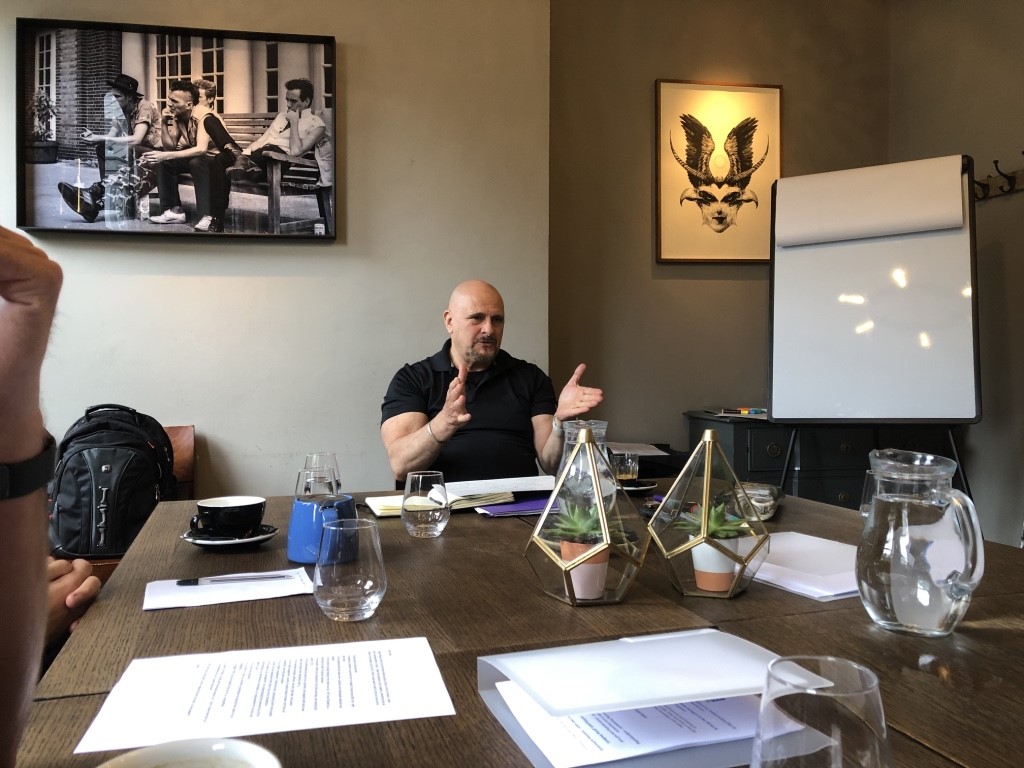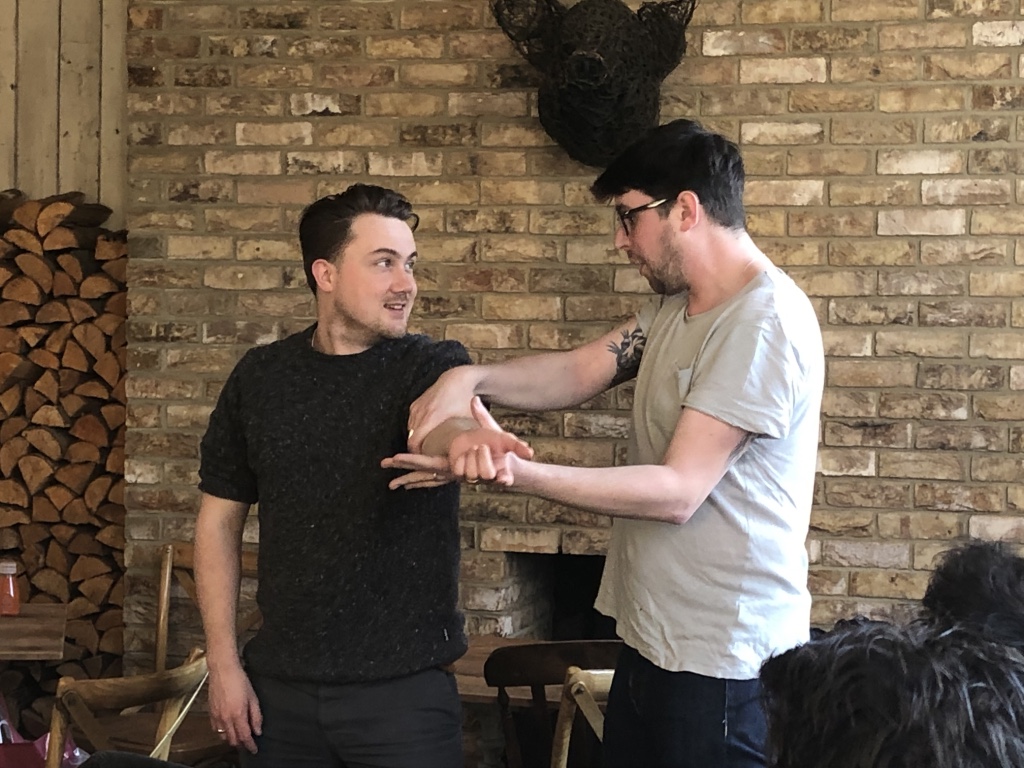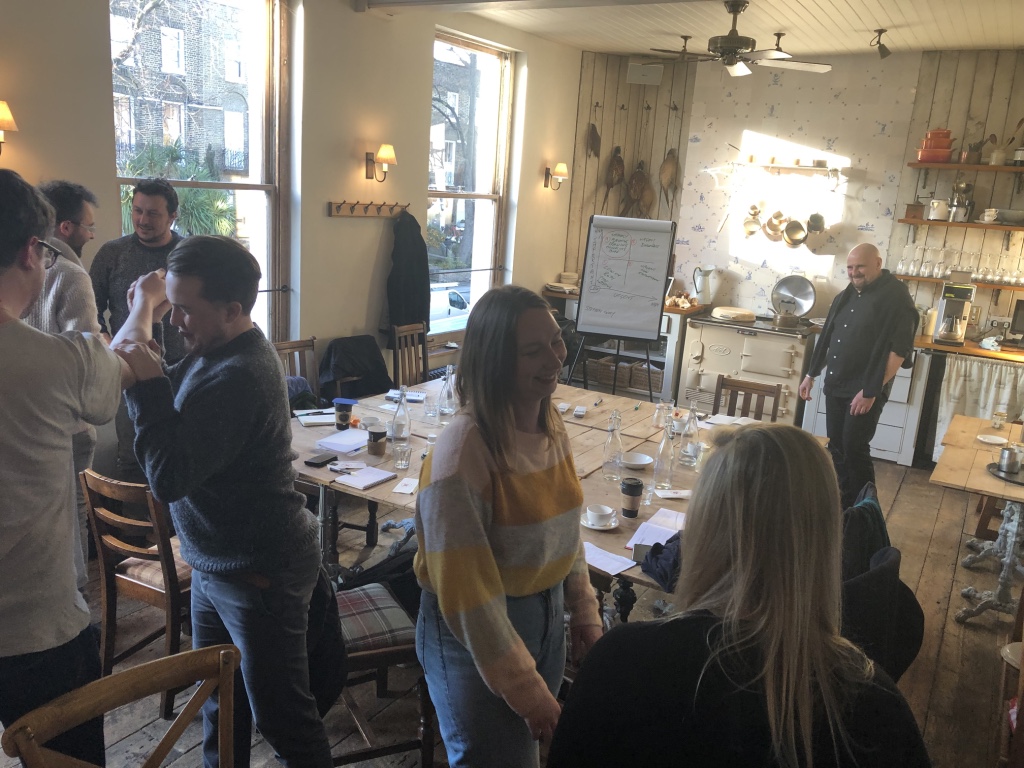THE ART OF NOT DOING
Improved, sustainable business results through meditation, intention and purpose.
This is a transformative tool for self management, or leading others. Through the integration of purposeful thought and action, you will achieve faster rewards and free up time for more quality and less quantity.
TAOND seeks to demonstrate that less is more. And clear thinking about what we really want leads to better, more focused actions with minimum wasted effort.


With its roots in eastern philosophies and the martial art of aikido, blended with practical western psychological principles and developments in neuroscience, the premise of The Art of Not Doing is simple enough. Let go of the things that are not working for you and focus your thoughts and energy on what you really want. Easy enough to say, but not so easy to achieve in practice.
What often gets in the way are our conditioned thinking habits and learned responses to situations. Some patterns and behaviours that may have served us in the past become embedded, ritualized and can lead to rigidity in our minds and eventually our bodies. Often we seek fulfilment in acquisitions, or simply do more in the hope that a new goal, relationship, or activity will bring satisfaction























We can find ourselves investing our time and energy and like a hamster on a wheel we get tired, but what have we really accomplished? Are we truly happier, more fulfilled, at peace with ourselves and others, or just busier? The process uses a coaching approach and through a series of powerful questions combined with a few centering exercises to graphically underscore the benefits,TAOND offers a refreshing and calm approach to getting the things done that really matter. Sessions are generally most effective one-to-one, but small groups derive benefit from experiencing the results of the simple principles of clear purpose, clear thinking and focused actions.